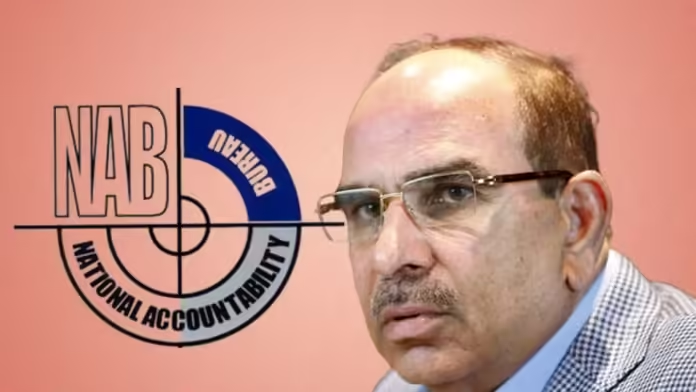The Accountability Court in Karachi has ordered the seizure of Malik Riaz’s Mall of Islamabad!
In a dramatic turn of events, the Karachi Accountability Court has directed the official attachment of Bahria Town tycoon Malik Riaz Mall of Islamabad, a dramatic heightening in one of Pakistan’s highest-profile money laundering cases. The ruling sent shockwaves throughout the real estate market, putting the legal noose tighter around one of the nation’s strongest developers.
Official records reveal that the National Accountability Bureau (NAB) submitted the seizure request on March 27, claiming that the property was purchased with ill-gotten money. Situated on Plot 65-N, Blue Area, F-7/1, the Mall of Islamabad is all about power and luxury—now in the dock for suspected financial impropriety.
NAB’s Case: Complaints of Illegal Funding and Front Operations
The NAB told the court that a money laundering reference case against Malik Riaz and his business partners is already on trial. The recent motion was submitted when investigators found new evidence indicating the Mall of Islamabad was linked to illegal financial transactions.
Court records show that the mall, worth Rs. 385 million, was bought in 2014 in the names of Ayaz Khan and Waqar Riffat—two persons now accused of having served as proxies for Malik Riaz’s business empire. The petition further identified **Wiki Trading Company**, which belongs to Malik Riaz’s brother, Farhat Hussain, and nephew, Wasim Riffat, as one of the parties to the controversial transaction.
The court approved NAB’s application under Section 8 of the Anti-Money Laundering Act, granting the bureau powers to take possession of the property until an investigation is conducted.
Mounting Legal Pressures on Malik Riaz
This judgment is the addition to the increasing number of legal issues involving Malik Riaz and his relatives. Once a self-made billionaire and visionary builder behind Bahria Town, he is now fighting allegations of land irregularities, offshore assets, and mismanagement of funds.
The Mall of Islamabad, another of Bahria Town’s flagship projects, has been touted for years as a symbol of contemporary luxury in Pakistan—with high-end retail spaces, corporate offices, and high-end apartments. But for police detectives, the gleaming skyscraper is now a logo for suspected financial fraud and secret wealth conduits.
Several arrest warrants have been reportedly issued for Malik Riaz and his sons in relation to corresponding corruption references. Although he has typically rejected such accusations as politically motivated, the serial inclusion of his businesses in accountability proceedings remains a source of sustained public interest.
A Wider Crackdown on Financial Irregularities
The NAB action against Malik Riaz marks the government’s newly renewed focus on addressing money laundering and financial corruption within Pakistan’s real estate market—a sector long faulted for its lack of transparency.
Legal analysts explain that seizing such a high-profile asset marks the shifting dynamics of accountability in Pakistan, where powerful individuals once considered untouchable are now being brought under investigation more frequently.
If confirmed, the revelations could redefine public opinion about Bahria Town and influence investor faith in the high-end development industry. In the meantime, the Mall of Islamabad remains in limbo—not as a symbol of advancement, but as evidence in an expanding network of financial scandal.
As the NAB continues its case, everyone is waiting to see what comes next in the trial. Will the evidence prove strong enough to deliver convictions, or will Malik Riaz once again find a way out of Pakistan’s tortuous legal system?
Either way, the court’s ruling is a watershed moment—a reminder that even the mightiest names in Pakistan’s real estate dynasty are not above accountability.
Visit Pakistan Updates for more breaking news and in-depth analyses on national accountability developments.




